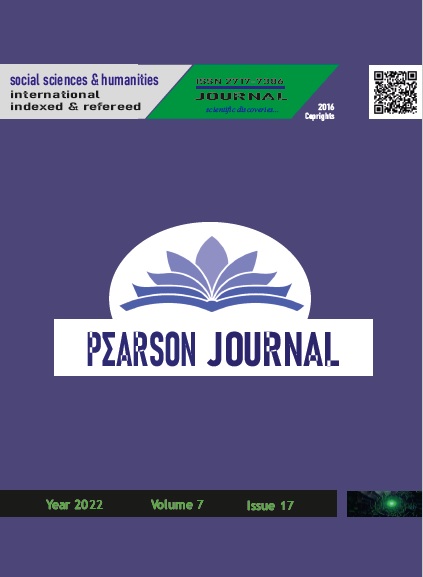HEMŞİRELİK ÖĞRENCİLERİNİN AKADEMİK BAŞARILARI İLE DUYGUSAL ZEKÂLARI ARASINDAKİ İLİŞKİNİN İNCELENMESİ
DOI:
https://doi.org/10.46872/pj.457Anahtar Kelimeler:
Duygusal Zekâ, Akademik Başarı, Sosyal ZekâÖzet
Giriş: Akademik başarı, bir öğrencinin, eğitmenin veya kurumun kısa veya uzun vadeli eğitim hedeflerini ne ölçüde başardığını ifade etmektedir. Akademik performansı başarıyla yordayan bireyler, bireysel faktörler hakkında kesin olmayan sonuçları doğuran etkileri merak etmeye başlamışlardır. Bu nedenle, duygusal zekâ yüksek öğrenim alanında popüler bir konu olmuştur. Çeşitli araştırma raporları, duygusal zekânın öğrencilerin akademik başarısını öngören faktörlerden biri olduğunu göstermektedir. Amaç: Hemşirelik öğrencilerinde duygusal-sosyal zekâ (ESI) ile kendi bildirdikleri akademik başarıları arasındaki ilişkiyi incelemektir. Yöntem: Tanımlayıcı-karşılaştırmalı bir yaklaşım kullanılmıştır. Araştırma farklı akademik seviyede olan 127 hemşirelik öğrencisi üzerinde gerçekleştirilmiştir. Çalışmada, bir ESI anketi ve bir akademik başarı ölçeği olmak üzere iki araç kullanılmıştır. Bulgular: Kadınların ESI anketi puanlarında (p=0.042) ve kişilerarası yeterliliklerinde (p=0.003) istatistiksel olarak anlamlı düzeyde daha yüksek bir ortalamanın olduğu saptanmıştır. ESI puanı, beş bileşeni ve öğrencilerin kendi bildirdikleri akademik başarıları arasında pozitif bir korelâsyon vardır. Katılımcıların %66,1’inin erkek ve ortalama (SD) yaşının 20,7 (2,4) %57,5>20 olduğu görülmektedir. Araştırmaya katılan katılımcıların çoğunluğunun (%83.5) yüksek bir not ortalamansa sahip olduğu sonucuna ulaşılmıştır. Sonuç: Bu çalışmanın sonucu, eğitim planlamacılarının ve akademisyenlerin lise ve üniversite seviyelerinde duygusal zekâ geliştirici dersleri benimsemeleri gerektiğini göstermektedir. Elde edilen bulguların sonuçlarına göre, duygusal zekâ ile hemşirelik öğrencilerinin akademik başarıları arasında anlamlı bir ilişki olduğu saptanmıştır. Hemşirelik eğitimcileri, lise ve üniversite düzeyinde alandaki uzmanlar tarafından öğretilebilecek ESI geliştirme kursları ve öğrencilerin ESI'sini artırmak için stratejiler üzerine çalıştaylar yapmalıdır. Duygusal zekâ, öğrenciler için eğitim planının bir parçası olmalıdır ve öğrencilere ESI’lerini artırmak için laboratuar ortamlarında çalışma imkânı sağlanmalıdır. Bu çalışma, daha büyük bir örneklem büyüklüğü ile farklı bir ortamda tekrarlanmalıdır.



